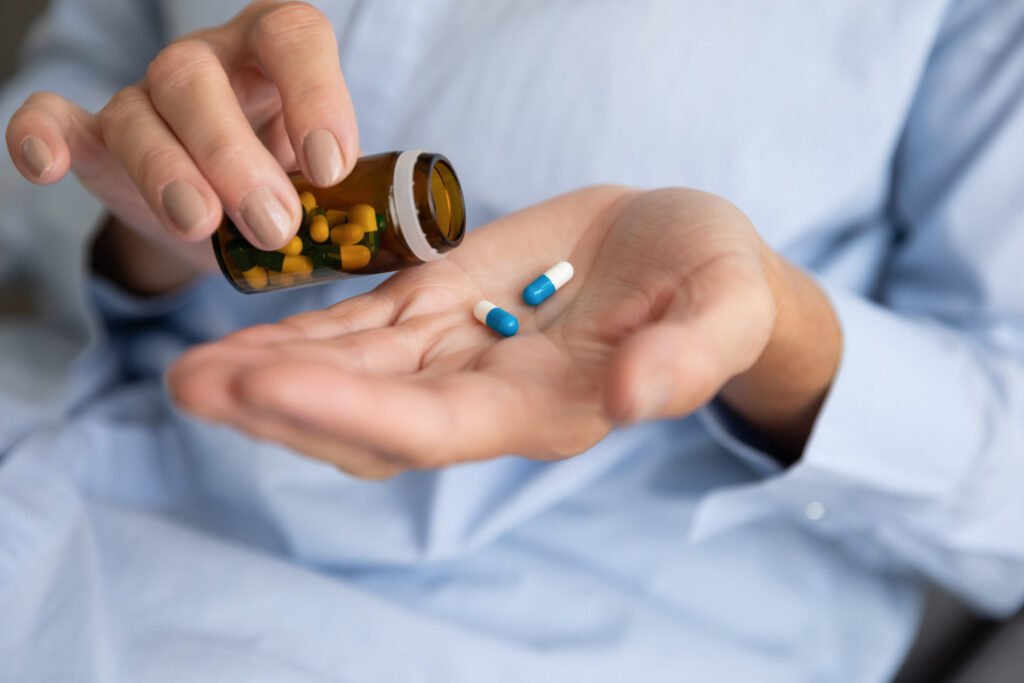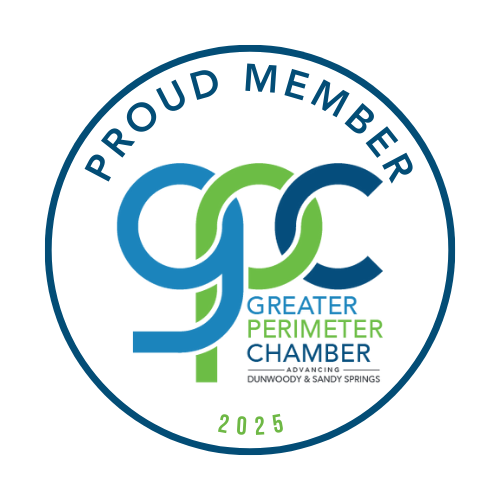How to Find Meth Addiction Treatment in Atlanta, GA

We all have bad habits, and while those bad habits often impact our ability to live a happy, healthy, and peaceful life, there are a number of things we can do to earn a second chance at life. With quality treatment and a strong support system, your bad habits can be replaced. This is especially true […]
Is There Outpatient Treatment For Fentanyl Abuse?

Fentanyl entered the illegal drug scene like a tsunami. It covered everything and took much with it in its wake, leaving devastation behind. Due to how many people have become addicted to fentanyl in recent years, finding outpatient treatment for fentanyl abuse near you may be vital. Successful fentanyl addiction treatment is now a goal […]
Are There Dual Diagnosis Centers Near Augusta, GA?

While each dual diagnosis case is unique, the need to treat mental health and substance use is not uncommon. More than half of individuals diagnosed with a substance use disorder are also diagnosed with a mental health concern. Therefore, finding dual diagnosis centers near Augusta that address both concerns is critical for sustainable recovery. At […]
How to Find Outpatient Addiction Treatment Near Athens, GA

Choosing to make the transition to sobriety can be difficult for individuals to manage, especially if they are unsure of what kind of treatment they need or where they can access treatment. Individuals need to look no further than Atlanta Recovery Place, a Georgia addiction recovery center located near Athens. Work alongside our experienced medical […]
What is Aftercare in Recovery?

Most people are worried about the time it takes to attend addiction treatment. Weeks or months cut out of your life focused on your personal healing can seem daunting. But, the process doesn’t stop there. A few weeks of intensive therapy can’t undo addiction—this recurring disorder requires continued care through an aftercare program. At Atlanta […]
How to Find an Addiction Treatment Program near Athens

Finding an addiction treatment program near Athens is one of the smartest and quickest ways to jumpstart your success. Finding a Georgia drug rehab can provide clients with local support through this challenging process. At Atlanta Recovery Place, our facility supports clients through addiction treatment at whatever stage of recovery. Whether it is initial treatment […]
How to Find Heroin Addiction Treatment near Augusta, GA

Heroin is a dangerous gateway drug. It is one of the most commonly co-used drugs and is often more hazardous than people anticipate. If you are suffering from heroin addiction, finding heroin addiction treatment near Augusta, GA, could be life-saving. Contact Atlanta Recovery Place today if you’re struggling with heroin use or addiction. Our Atlanta […]
Are There Outpatient Programs for Prescription Drug Abuse?

Prescription drug abuse can be treated through outpatient treatment programs, which are often ideal for individuals struggling with sobriety while maintaining their work and home lives. We offer multiple Georgia-based outpatient programs at Atlanta Recovery Place designed to support clients struggling with sobriety and behavioral concerns. Contact our facility today to access evidence-based outpatient addiction […]
How Does Sober Living Work?

Once a person completes intensive addiction treatment, returning to regular daily life can be challenging. Successful, lasting sobriety may be difficult without support. Going back to the same environment in which one previously abused drugs or alcohol can be a trigger for recovery derailment. Unstable living environments can even be a severe obstacle to the […]
What is Partial Hospitalization for Substance Abuse?

Substance abuse is not easy to overcome. The right kind of treatment can make all the difference in getting the help you need. One thing you will need to consider is whether you require inpatient or outpatient treatment. If you opt for outpatient treatment, you may start with the most intensive form of care, partial […]






